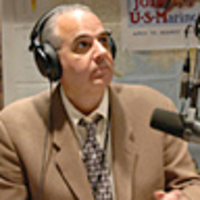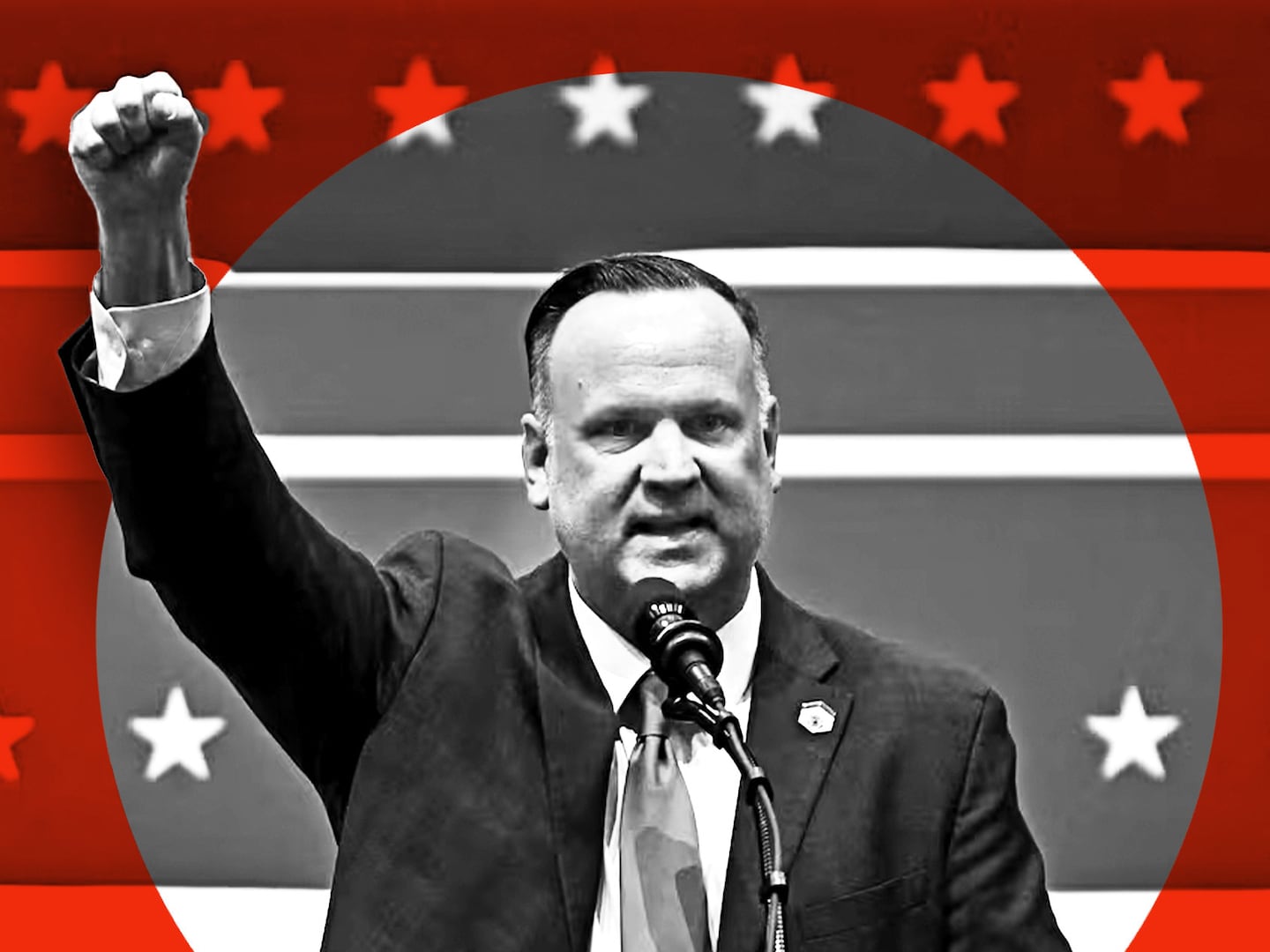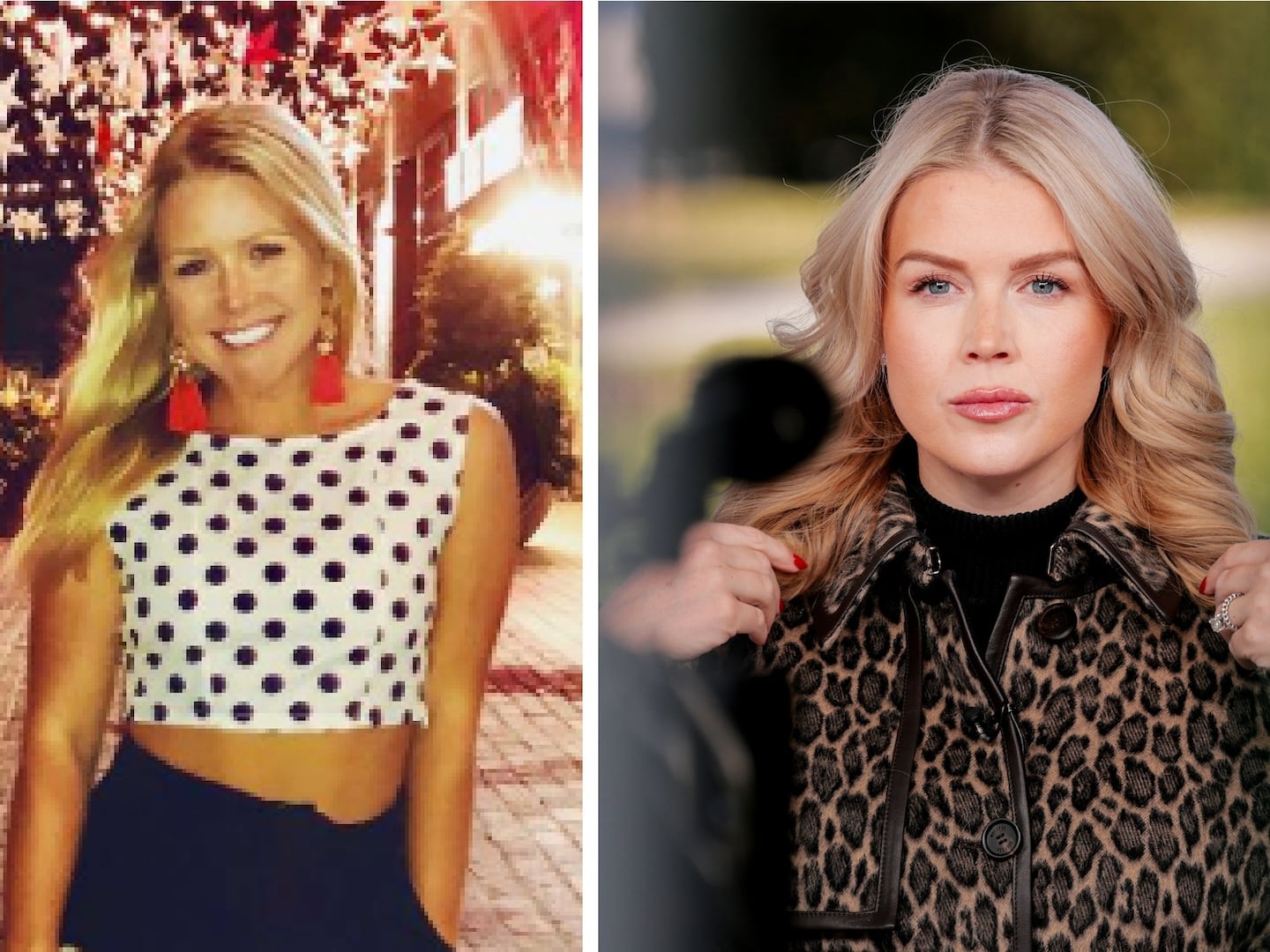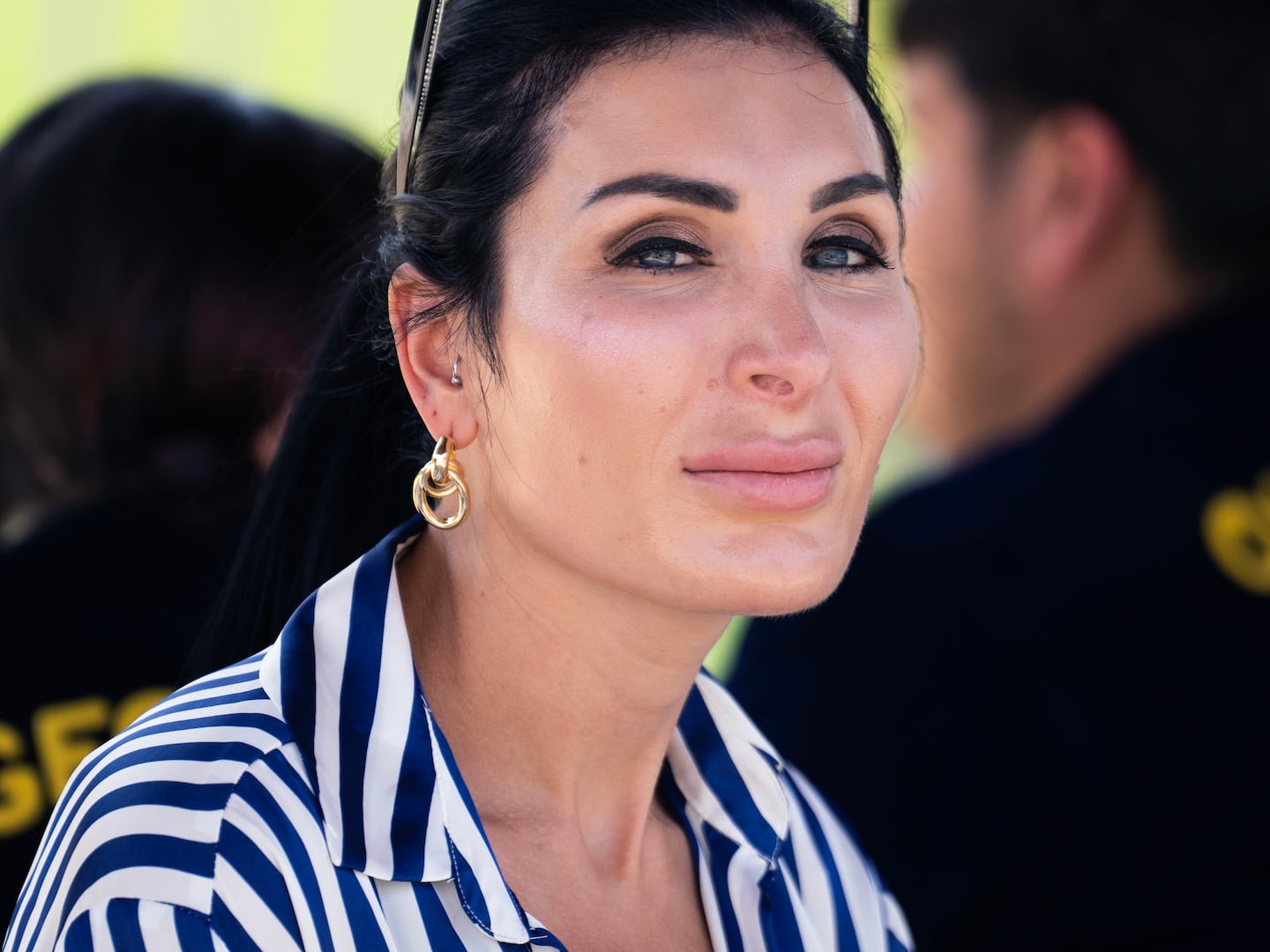The political mistake of my 20s was my rejection of Richard Nixon and his struggles in the presidency —because of the Vietnam war, the counter-culture, the glamor of the Kennedy Democrats, the sing-along coziness of “All we are saying is give peace a chance.”
I puzzle today if the Millennials of the new Republican presidency, the Trump years, may be making my errors of youthful, hip certainty.
I regret missing Nixon’s gift for surprises. I regret not having the maturity to recognize Nixon’s longing to be liked. I regret not enjoying Nixon’s romantic contradictions.
I am starting again today by attending, in make-believe, a joyous night at the White House, April 29, 1969, my twenty-first birthday.
I was a college junior, fretting about summer employment, campus protests and romance. The news was filled with reports of occupations, sit-ins, arrests, cancellations, abolishment of grades and other forms of disruption on campuses across the East Coast.
Some of it was Vietnam War related, such as MIT canceling government research or Dartmouth ending R.O.T.C. However a great deal of the turmoil focused on civil rights protests such as launching African-American and Latino Studies, providing for lower-income family students, demanding amnesty for students arrested for protesting lack of diversity in admissions and courses.
Meantime President Nixon and First Lady Pat Nixon in formal dress welcomed to the White House a dream team of American jazz, all in celebration of the guest of honor, Duke Ellington, who was to be awarded the Presidential Medal of Freedom for his 70th birthday.
After dinner and for the first time ever, television cameras were permitted to record the entertainment in the East Room. Video of the 100-minute event shows the president exultant in the stylized Nixon way, vast jowly grin, pompous deep tones, exaggerated right-hand gestures, a herky-jerky leap on and off stage, the giddiness of a fan.
The names of the musicians in the audience were overwhelming, including Cab Calloway, Dizzy Gillespie and Benny Goodman.
Performing on stage and for the dancing past midnight were jazz heroes such as Joe Williams, Gerry Mulligan, Earl Hines, J.J Johnson, Bill Berry, Dave Brubeck, Earl “Fatha” Hines, Mary Mayo, Louis Bellson, Urbie Green, Paul Desmond, Hank Jones, Jim Hall, Milton Hinton, Billy Taylor, Clark Terry.
Nixon’s sense of humor was quick to spot ironies and turn them in his favor. At the microphone, when he read aloud the Medal of Freedom citation, he started “I was looking at this name on here, and it says, ‘Edward Kennedy… (pause)…Ellington.”’
The audience laughter lit up the self-satisfied face of the president. Just three months since the inauguration, Nixon was haunted by the Kennedy legend and was already preparing for Edward Moore “Ted” Kennedy to challenge him in 1972.
Fate would send Nixon, Kennedy and the country into despair and defeat the next years. Yet for that evening at the White House, there was triumph for Duke Ellington when he played five minutes of a new composition he gallantly entitled “Pat,” and when he air-kissed Nixon on both cheeks in the Parisian style.
There was also a genuine roar from the room when the president sat at the grand piano to play, as the audience sang,“Happy Birthday” to “Dear Edward.”
I missed the meaning of it all – of a fifty-six year-old, industrious, awkward, famously insecure politician seeking the approval of generations of artistry, of a musical legend, if just for a few hours.
My politics of the moment condemned Nixon as a warmonger and race-baiter. We collegiate smarty-pants castigated the Nixon Administration as out of touch brutes who would rather bomb peasants, embrace segregationists and deploy nuclear weapons than listen to the springtime revolution in the air.
Sharp-eared Nixon had heard the clamor on campuses. He had responded in his verbose way with a speech to the United States Chamber of Commerce just hours before the Ellington soiree.
After careful caveats about “the great problem of dissent on the college and university campuses,” the president came to his hard point. “I say it is time for faculties, boards of trustees and school administrators to have the backbone to stand up against this kind of situation.”
Reading the president’s paragraphs today, I find it fatherly and inarguable. “There can be no compromise with lawlessness and no surrender to force if free education is to survive in the United States.”
In truth, I find it difficult today to disagree with the decisions that Nixon made in war and in peace. He inherited the catastrophic Lyndon Johnson-concocted Vietnam War inside the Cold War, and yet Nixon found ways to get out of Southeast Asia, invent détente with Leonid Brezhnev’s Soviet Union, open dialogue with Mao Zedong’s China and manage nuclear brinksmanship in South Asia and in the Middle East.
If we seize on the Watergate scandal today as the measure of Richard Nixon, we are missing the scale and mystery of his long career on the world stage. He was a man of genius and paranoia. He was a common man of the Greatest Generation who figured out by himself how to make television his magical helper. His presidency was a turning point in the Cold War when it shifted from fears of overnight Armageddon to recognizable Great Power competition for client states. His fall was mesmerizing melodrama.
I can see today, as I could not in 1969, that condemning a president, any president, as cruel or lawless or unworthy is to be deaf to the moments of pure happiness before you, such as Richard Nixon crooning birthday wishes to Duke Ellington.






